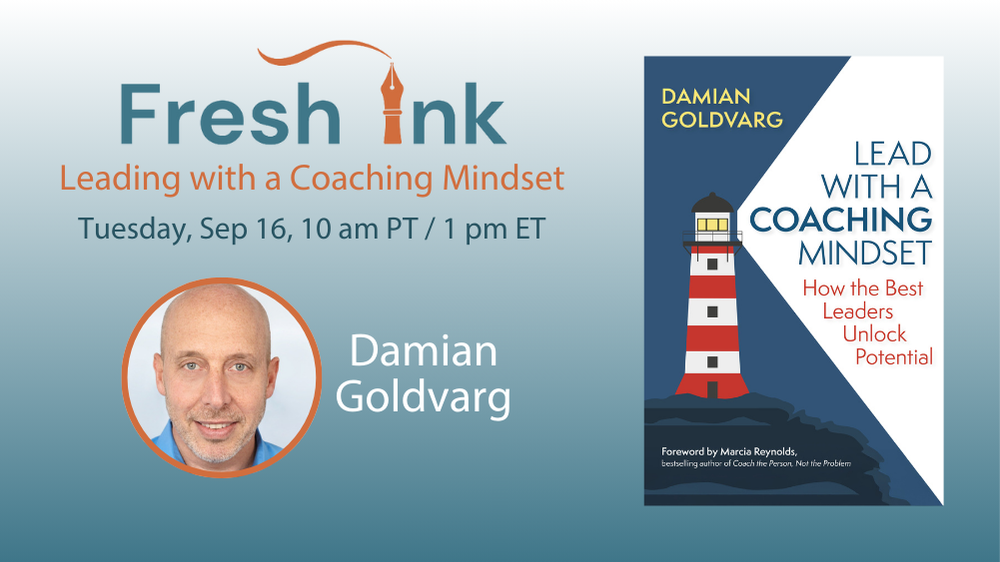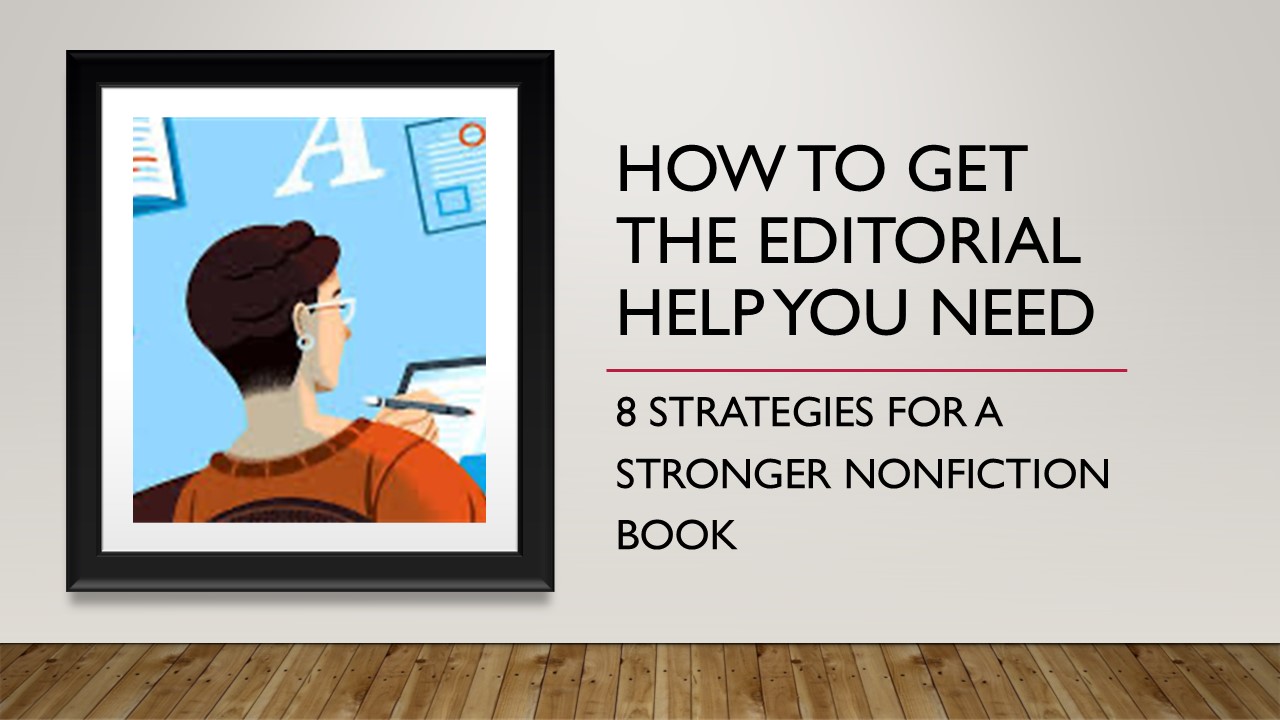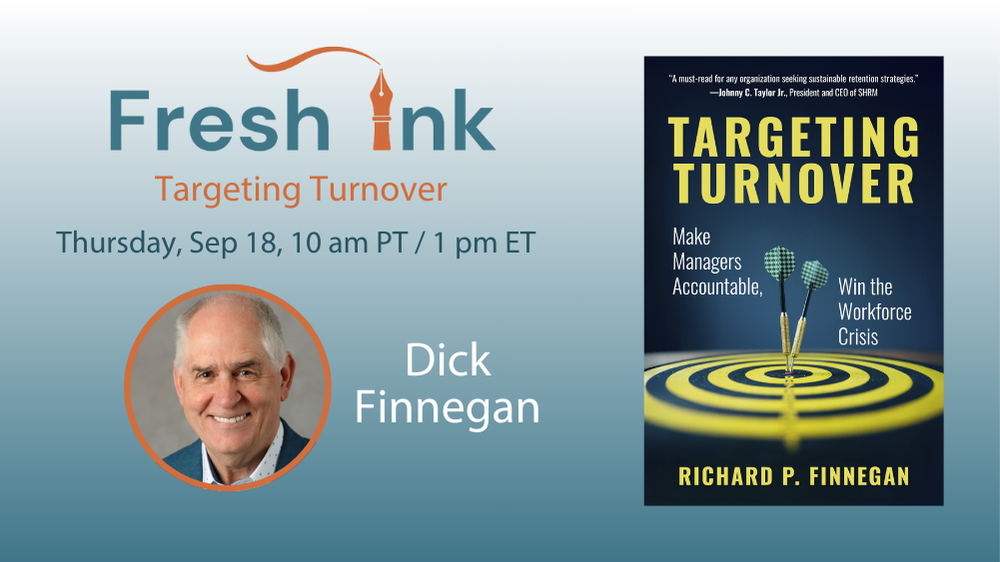Key takeaways
- Damian Goldvarg’s new book “Lead with a Coaching Mindset” applies the 8 core competencies from the International Coach Federation to leadership.
- The 8 core competencies include: ethical standards, coaching mindset, building relationships, trust, presence, communication (listening), creating awareness, and implementing learning.
- Leaders who adopt a coaching mindset become “magnets for talent” as they focus on employee development and growth.
- Effective coaching involves asking questions that make people think rather than simply telling them what to do.
- Building trust is fundamental to coaching relationships – without trust, coaching attempts may be perceived as manipulation.
- Current leadership challenges include dealing with uncertainty, integrating technology/AI, and managing hybrid work environments.
- Cultural competency is important, but coaches should focus on individual uniqueness rather than cultural stereotypes.
- When team members resist coaching, leaders should be curious about underlying fears or trust issues rather than forcing the process.
Q & A summary
Leadership stories and examples
Question: Could you share a specific story of a leader who embraced these coaching skills and how it impacted them and their team?
Damian: I interviewed several clients who shared their stories in my book and podcast. One example involves a leader who focused too much on underperformers and neglected high performers, eventually losing a valuable team member. Another example shows how a leader learned to engage their team in problem-solving rather than trying to solve everything alone. When the team developed solutions together, they were more committed to implementation because they had ownership of the ideas.
Remote workplace coaching
Question: Do you see your approach changing for use in the remote workplace?
Damian: Research shows that loneliness at work is a significant issue, whether remote or in-person. The best approach is giving people choice when possible rather than mandating specific arrangements. Connection is what may be missing, even when people are in the same office. For remote workers, building trust and being present are key competencies, along with listening to understand individual needs. Setting up relationships for success through proper hiring and onboarding processes is crucial, including clarifying expectations and understanding what each person needs to succeed.
Cultural differences in coaching
Question: Do you find significant differences in the approach to coaching when you work with Americans vs. Central Americans vs. Europeans?
Damian: There are universal human needs – we all want to belong, be respected, valued, and seen as human beings rather than objects. However, each culture has its own values, beliefs, and rituals. The challenge is knowing these differences while avoiding stereotypes. Every person falls on a different range within their culture – for example, I’m Argentinian but don’t follow the stereotype of loving soccer. The key strategy is to be curious rather than assuming cultural norms apply to individuals. Think less about country cultures and pay more attention to individuals. In ways we are similar, we connect; in ways we’re different, we find opportunities for learning.
Coaching resistant team members
Question: Tips for coaching team members who don’t want to be coached?
Damian: Curiosity is the primary strategy. When someone says they don’t want coaching, explore what’s underlying that resistance. Often people resist because they misunderstand what coaching is or fear being seen as incompetent. Frequently, resistance stems from lack of trust – if team members don’t trust their leader has their best interests in mind, they may see coaching as manipulation rather than development. Leaders should consider whether they need to build trust first. You don’t need to label it as “coaching” – just apply the principles of good leadership.
AI and coaching
Questions: I wonder about Damian’s thoughts about how AI might affect coaching in the future.
Damian: Technology and AI are changing rapidly. Some coaches are creating AI avatars programmed with their content (books, articles, videos) that can answer questions 24/7 as a supplemental service. Voice AI is becoming increasingly human-like and may replace some services. Leaders need to stay aware of technological developments while maintaining the human connection aspect of leadership.
Other Event Summaries
AI can be a writer’s best ally—or biggest headache. Some authors are using it brilliantly for writing and research, while others are tripping over its blind spots or blurring ethical lines.
Learn from Rebecca Bultsma, nationally recognized speaker, consultant, and AI research expert, alongside your favorite cranky-pants editorial curmudgeon Jeevan, for five sharp lessons on how to make AI work for you—not against you.
Continue Reading Five Ways to Use AI to Aid Your Writing—The Right Way
No one can edit their own book, but there are seven simple strategies for better ensuring you do the right prep to get the best feedback, resulting in a stronger work.
Ever since that childhood debacle with the lemonade stand, there are plenty of nonfiction authors and to-be authors who hate the idea of self-promotion and marketing, so what should they do?
Continue Reading Marketing for Authors (and Authors To-Be) Who Hate Marketing
The number one reason employees stay or leave is how much they trust their immediate supervisor, not company-wide programs or benefits.
Continue Reading Targeting Turnover: A Fresh Ink Interview with Dick Finnegan
All nonfiction book proposals ask for the same basic bits of information, but what are publishers really looking for? What are the words, commitments, and things that make them sit up and take notice and what makes for a damn good proposal? In this webinar on September 10, 2025, Jeevan Sivasubramaniam (who has reviewed, no…
Continue Reading What Publishers Really Want to See in Your Book Proposal (But Won’t Tell You)





